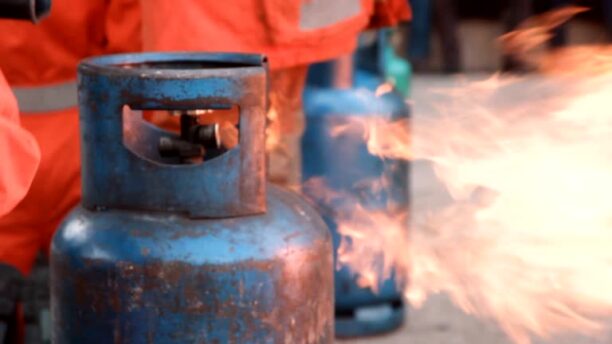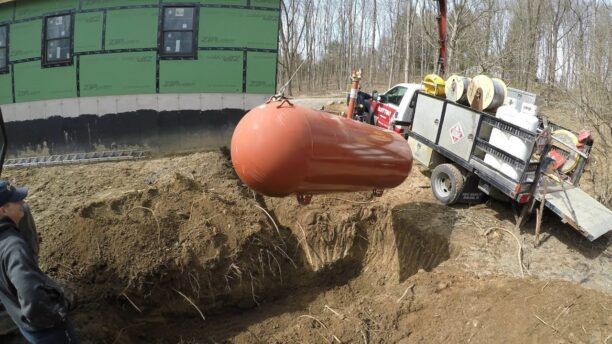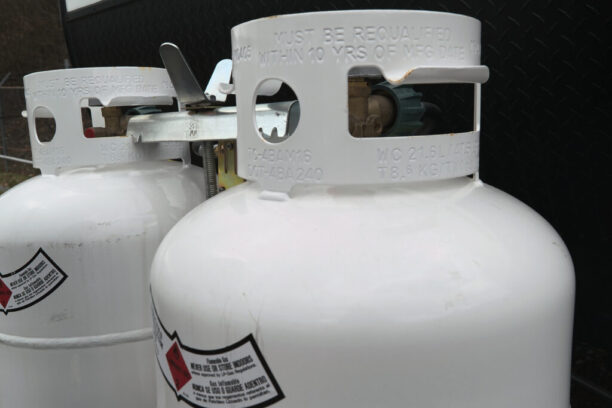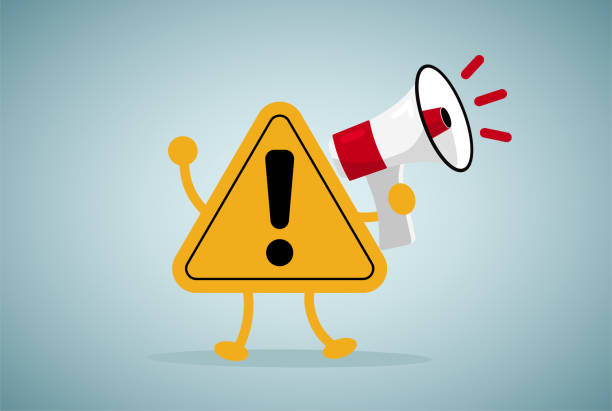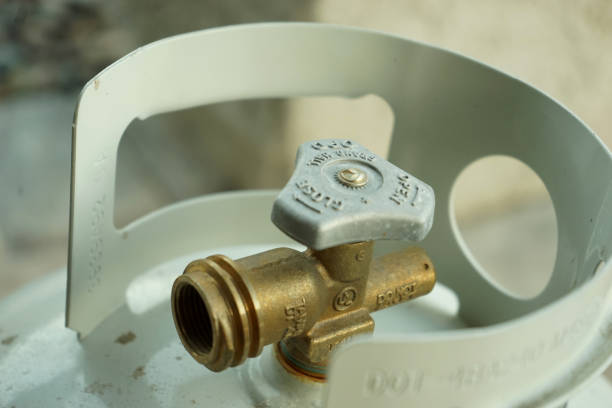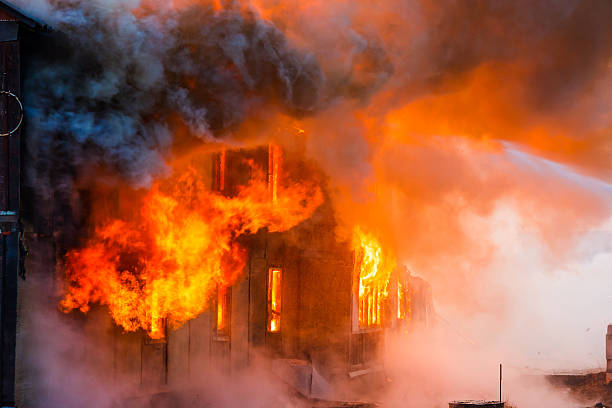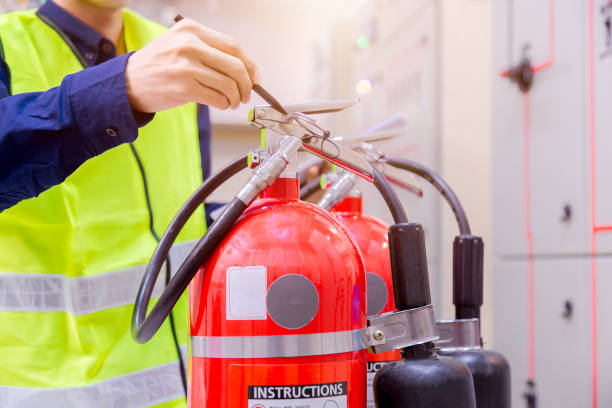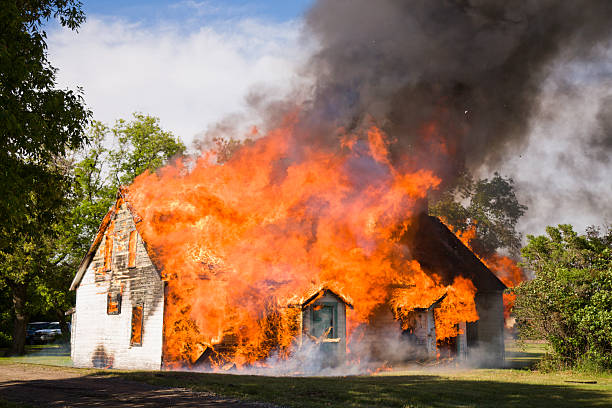Avoiding the Most Common Propane Safety Violations
Propane is a reliable fuel used in homes, businesses, and industrial operations. However, mishandling it can lead to serious safety risks. Many propane safety violations happen because of overlooked procedures, outdated equipment, or improper handling. These violations put people at risk and can lead to fines, service disruptions, or even dangerous accidents. Understanding the most… Continue reading Avoiding the Most Common Propane Safety Violations

